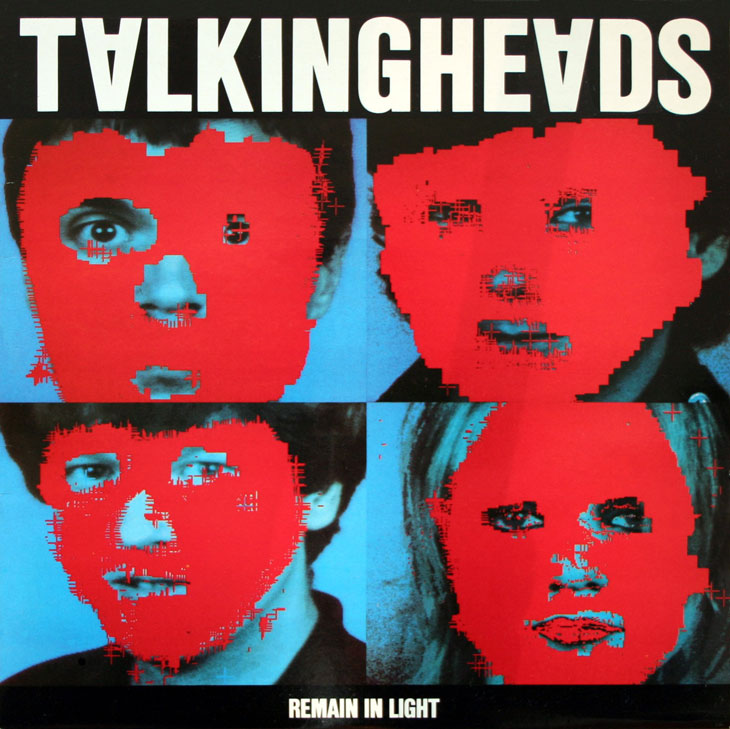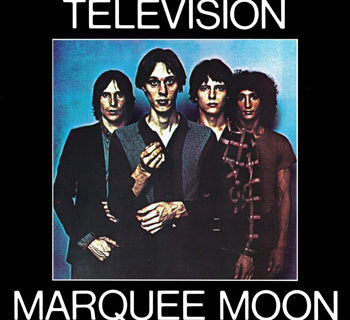Talking Heads - Remain in Light
Everything happens at once. To fit everything in our heads, we smooth out the chaos—simplify the details—and create stories. There are good and bad guys, and everything makes sense. Remain in Light is what happens when everything stops making sense, and returns to its chaotic roots.
Talking Heads is one of the few groups that could be labelled Post-Modern in the literary sense: a hodge-podge of genre and sounds, bizarre surrealist humor, and molasses-flood levels of density. Remain in Light is the apex of their ideology: a chaotic concatenation of influence, subject and sound, moving in conflicting directions at once—using everything, sounding like nothing.
This album is typified by the first track “Born Under Punches.” The drums are straight out of a Fela Kuti “Mr. Follow Follow” polyrhythm, while King Crimson alum Adrian Belew throws in his characteristic modal—guitar as noise—chirping virtuosity between spring-wound grooves of bass and guitar. All the while, Byrne sings in his not-quite nasal, yet unmistakable talk-sing ramble. None of these cohere; but it is by that asymmetry that the band’s synergy is formed: Anti-Coherence.
That is the beauty of this record, and Post-Modernism as a genre. While Modernism is, for me, a more elegant expression of the unreality of text, Post-Modernism is undeniably fun, even if it is totally uncomfortable and one giant head fuck. Listening to this album is like reading Gravity’s Rainbow: you want everything to add up; you want a payoff; you want melody, and instead you get a cast of four hundred characters, stories that go nowhere, and prose that has the elegance and flow of radio-static.
You stop seeing the characters, and start seeing the motions, beautiful and incomprehensible.
It is that embrace of the anti-thesis, the un-, the not, that paradoxically gives the record its character. The grooves are practically isometric—dense, meaningful, chaotic, and terrifying. There is a sense of manic hysteria on the first side that gradually dissipates into slow-burn despair as the record progresses, until the final track, aptly titled “The Overload” turns down the heat to dirge. There are even catchy moments such as on “Once in Lifetime.”
I’m not well acquainted with a lot of the genres this album explores so richly, but I can say those grooves help me focalize this record, because, like Post-Modernism and history, everything happens at once and doesn’t add up neatly. But history has a habit of repeating itself—the same strains of nonsense repeated ad nauseam. And at a certain point, looking past the stories, and looking at the same sequential paradox play out again, and again into infinity, it makes a bizarre meta-sense. You stop seeing the characters, and start seeing the motions, beautiful and incomprehensible.
So, when you watch the atomic sunset, wondering at how the story led to that apocalyptic V-2 twilight, you don’t really have to question why.
Until I’m Born Under Punches.













